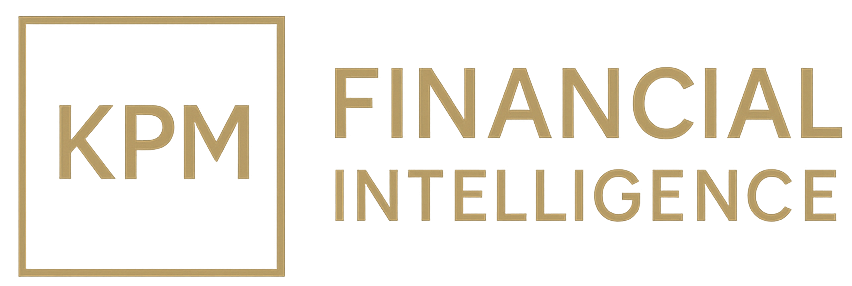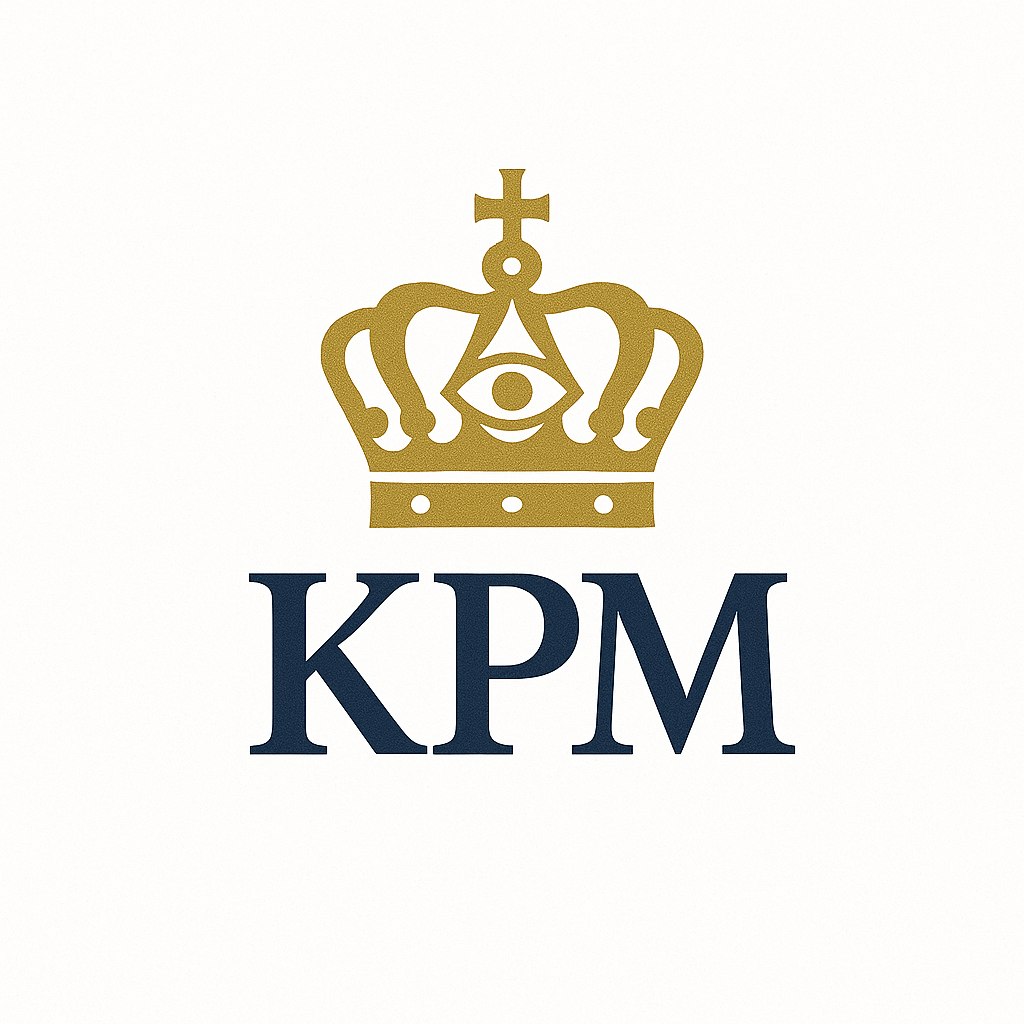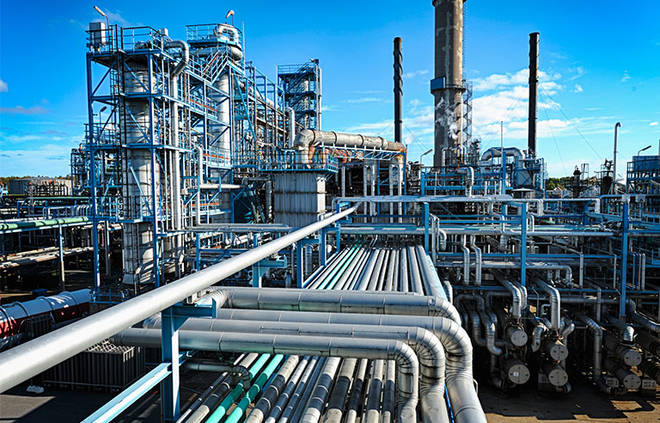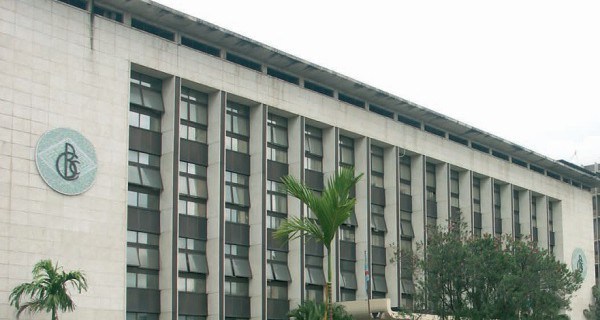Profit Surge Marks Guinness Ghana’s Strategic Rebuild
Guinness Ghana Breweries PLC achieved a strong FY2025 rebound with revenue up 52% to GHS 3.59 billion and net profit at GHS 346 million. Margin recovery, local sourcing, and Castel integration signal sustained stability and disciplined growth.
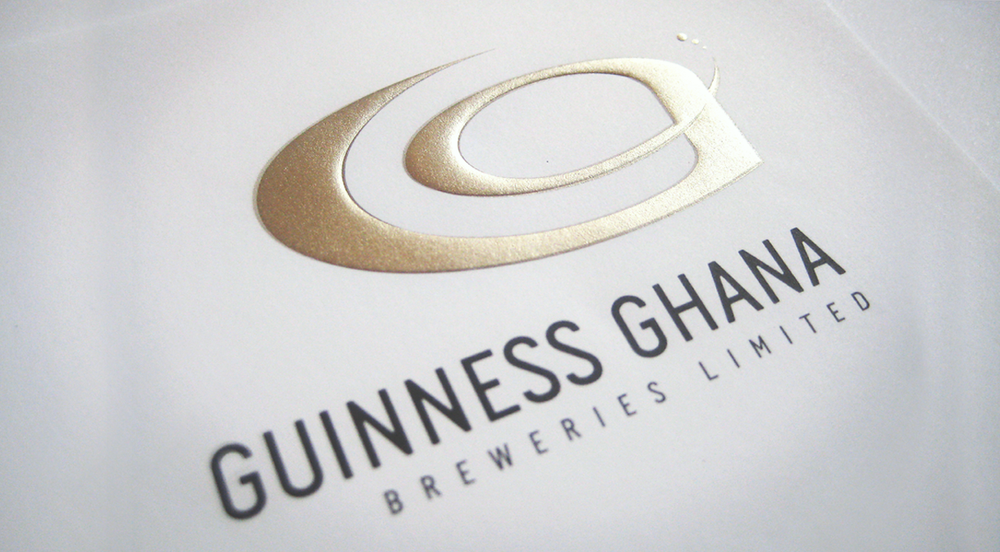
Guinness Ghana Breweries PLC (GSE:GGBL) released its audited FY2025 financial results, confirming a broad recovery in profitability and cash generation following the transfer of Diageo PLC (LSE:DGE, NYSE:DEO)’s controlling interest to Castel Group. The change in ownership was completed mid-FY2025, marking the first reporting period reflecting the new governance and operational model under the Companies Act 2019 (Act 992) and Ghana’s Securities and Exchange Commission guidelines.
The year unfolded under a stabilizing macro environment. Headline inflation eased from approximately 24% to 14%, the cedi strengthened toward GHS 10.3 per USD, and the Bank of Ghana maintained a policy rate of 25%. These conditions helped restore cost predictability across imports, logistics, and packaging inputs after two years of inflationary stress.
Revenue rose 52% year-on-year to GHS 3.59 billion, driven by strategic price adjustments, moderate volume recovery, and improved route-to-market execution. Gross profit margin expanded to an estimated 28% from 18% as input-cost inflation slowed and efficiency gains took effect. Operating profit reached GHS 489 million, while net profit rose to GHS 346 million from GHS 34 million in FY2024—a sharp rebound primarily reflecting normalized operations rather than one-off accounting gains. Net margin improved from 1.2% to 9.6%, returning to pre-pandemic levels.
Administrative expenses grew 14%, below the rate of revenue expansion, suggesting effective cost containment relative to topline growth. Marketing and distribution expenditure increased 27%, consistent with brand investment under Castel’s portfolio strategy emphasizing Guinness, Malta Guinness, and Orijin RTDs. Finance costs declined by roughly 40%, supported by debt reduction and cedi appreciation against the U.S. dollar.
Liquidity indicators improved significantly. Operating cash flow reached GHS 420 million, compared with GHS 89 million in FY2024, largely due to higher profit conversion and tighter working-capital management. Debt-to-equity stood near 0.43×, including lease obligations under IFRS 16, positioning leverage below regional beverage-industry averages. Interest coverage exceeded 10×, confirming lower financial risk. Current assets comfortably exceeded short-term liabilities, supporting renewed investment flexibility.
The company declared a GHS 0.098 dividend per share, totaling GHS 30.1 million, representing a payout ratio of approximately 35%. Based on the FY2025 closing share price of GHS 2.75, the dividend yield stood near 3.5%, a moderate yet sustainable level given retained earnings of GHS 401 million.
Localization continued to strengthen the operating model. Roughly 69% of raw material inputs were sourced locally from over 5,000 Ghanaian farmers, reducing exposure to exchange-rate volatility and improving supply reliability. The local sourcing program—covering maize, sorghum, and cassava—acted as a natural hedge, stabilizing input costs amid global commodity fluctuations.
For investors, three analytical themes emerge. First, valuation and earnings alignment: GGBL’s forward price-to-earnings multiple near 9× remains below peers such as EABL (NSE:EABL) and SAB Zambia (LUSE:SABZ), reflecting liquidity and frontier-market discounts rather than structural underperformance. Second, balance-sheet resilience: reduced leverage, stronger operating cash flow, and an unqualified audit opinion strengthen governance confidence post-transition. Third, growth continuity: Castel’s operational framework prioritizes packaging modernization, energy-efficiency projects, and digital route-to-market initiatives. Management has guided FY2026 capital expenditure at approximately GHS 200 million, funded primarily through internal cash flows.
FY2025 represents the first full fiscal cycle of stabilization under Castel’s control. The company achieved margin expansion, improved cash generation, and moderate debt reduction without relying on external financing. Forward performance will depend on maintaining pricing discipline amid potential excise-duty adjustments and consumer demand elasticity.
At current valuations, GSE:GGBL offers investors a measured exposure to Ghana’s beverage sector—anchored in solid fundamentals, moderate dividends, and predictable currency-linked cash flows. The FY2025 results confirm a transition from recovery to operational stability, positioning Guinness Ghana as a resilient, income-generating component of West Africa’s frontier equity landscape.
